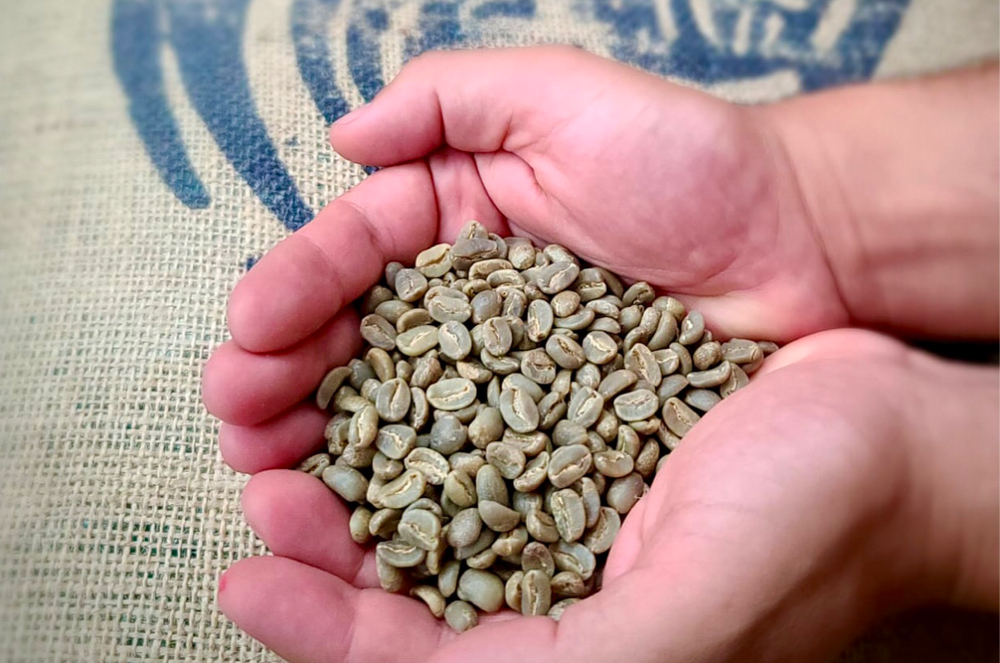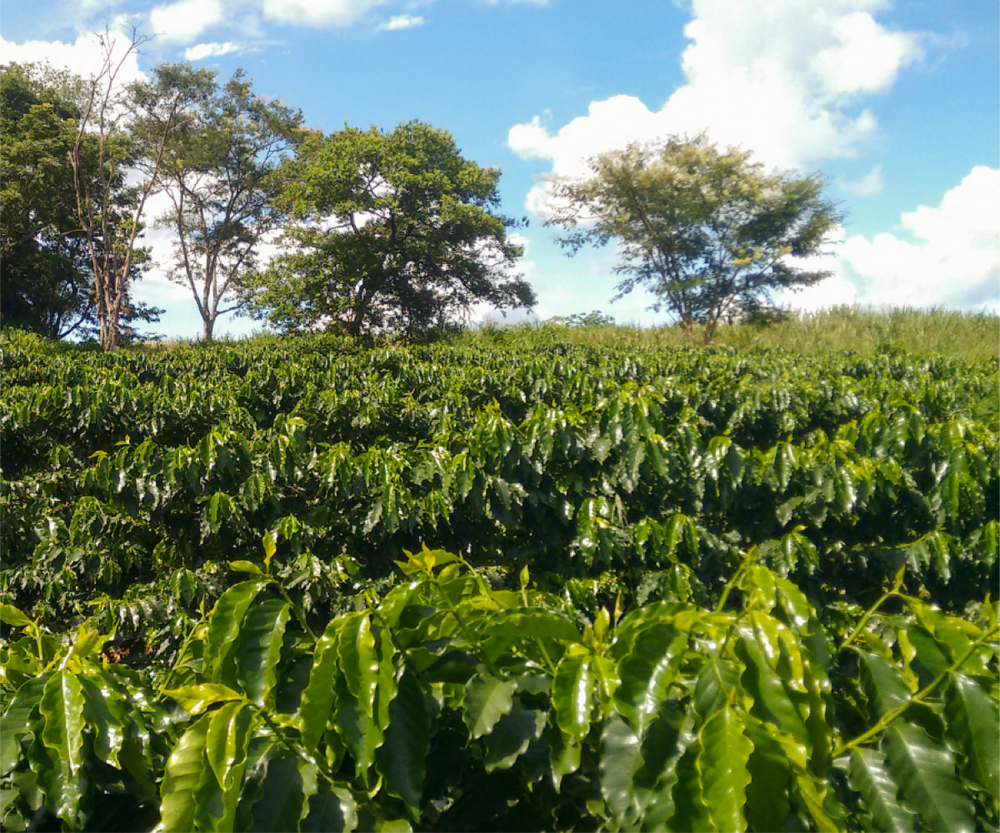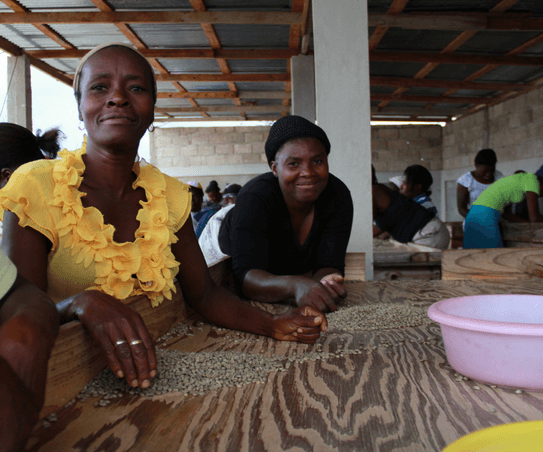-
-
Login
Search
x
Search
x

Grade 17-18
Discover Savane Zombie, our specialty un-roasted coffee beans from Haiti, a standout choice for those passionate about sourcing unique and high-quality coffees. This coffee not only represents the rich coffee heritage of Haiti but also our commitment to offering exceptional coffee experiences.
Enjoy the special aromas and taste of our washed Haitian coffee, with notes of black currant and sweet hazelnuts. Ideal for full-city roasts, this coffee delivers a smooth, well-balanced flavour, perfect for espresso, French press, and drip coffee methods.
Available in small quantities, ideal for home roasters and professionals exploring new markets. This makes it easier for those looking to experiment or introduce a distinct, high-quality coffee to their selection. Honor the skill of Haitian farmers and the resilience of their community with our specialty coffee beans.
This is un-roasted coffee ready to be roasted at home or your roastery.

Milky and buttery, maple syrup, brown sugar, and fig are only some adjectives used to describe the Kolen fully washed arabica typica we received from Kok Ki Chante.
This balanced, well-rounded Haitian coffee produced by the Association de Petits Producteurs de Cafe Colin (APPCC) is excellent for dark roast and espresso blend applications. Kolen is now a staple for many roasting partners across North America.
Sales of our Haitian coffee support local communitites through The Association Petits Planteurs Café Colin in Kolen and The Association des Paysans Agricoles de Savane-Zombi.

Similar to Jamaica, Haiti also has a unique micro-climate that benefits the production of coffee; it is also the most mountainous country in the Caribbean. The coffee has a distinctive and unforgettable taste due to its healthy, volcanic, and rich soils. The coffee's Ethiopian roots heavily influence the traditions of the Haitian farmers when cultivating, making the coffee refined and rich in flavor.

Savane Zombie is more of an area than a town in rural Haiti. It's situated in the High southeast Department of Haiti near the Dominican border. Farmers in this area have been growing coffee for centuries; it's not just a tradition; this small farmer-owned association, APAS, is the livelihood for 150 + families that comprise the cooperative.